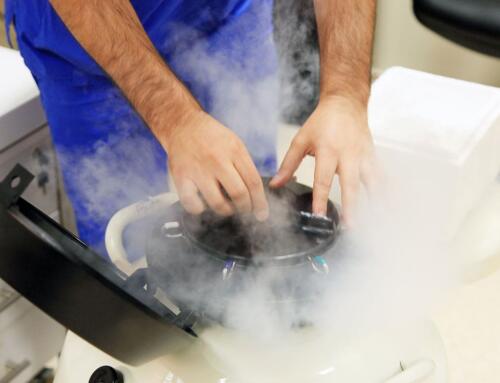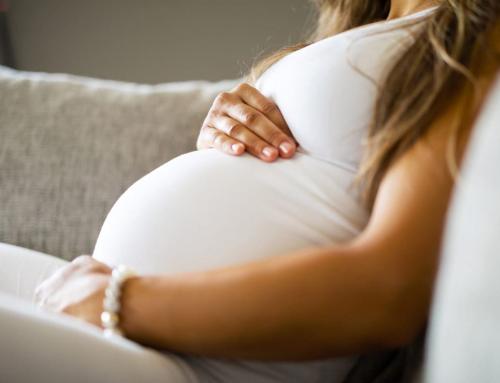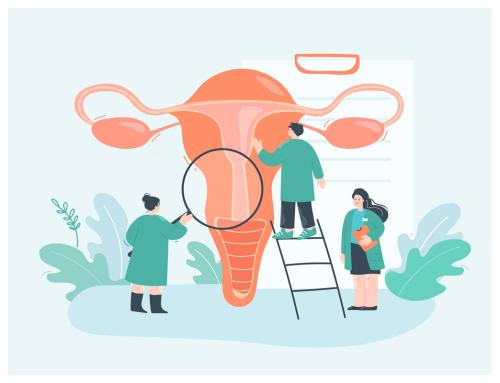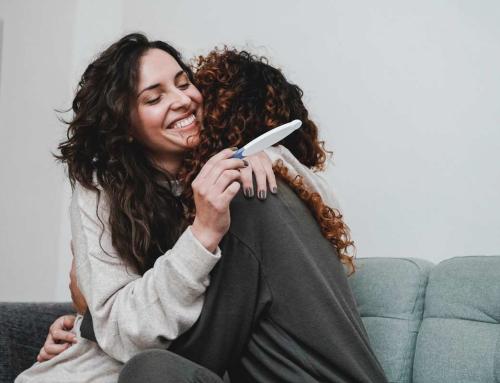Smoking jeopardizes our health and that of those around us. Therefore, more people are becoming aware of this issue, and in recent decades, global tobacco consumption has decreased to 22.3%, according to WHO data (2020).
It is expected that the figures will continue this downward trend, reaching below 20% in 2025, especially in younger population groups.
Nevertheless, there are still people who resist quitting this addiction, strongly linked to the onset of certain types of cancer (especially lung and bladder cancer) and cardiovascular and respiratory diseases such as COPD.
Regular tobacco use is also associated with difficulties in conceiving and challenges in the baby’s development during gestation.
Furthermore, smoking during pregnancy can have other negative consequences, such as a higher risk of miscarriage or premature birth.
How does smoking affect getting pregnant?
According to the American Society for Reproductive Medicine (ASRM), smoking is directly responsible for about 13% of cases of female infertility.
And not only that: besides reducing the fertility of both men and women, regular smoking can affect the outcome of assisted reproduction treatments, such as IVF.
But why does this happen?
We all understand that the smoke inhaled while smoking contains a large number of chemical substances, many of them carcinogenic.
The question is how these substances affect our cells. And, more specifically, our sexual or reproductive cells.
How smoking affects eggs
Smoking is related to alterations in estrogen production and ovulatory activity, which may result in an acceleration of the loss of ovarian reserve and issues with egg maturation.
Both factors can reduce the chances of achieving pregnancy.
In this regard, and according to ASRM data, menopause tends to occur on average 1 to 4 years earlier in smokers compared to non-smoking women.
In addition to being in lower quantity, the quality of eggs in female smokers is also lower.
Poor egg quality may be linked to a higher risk of chromosomal abnormalities in the fetus, spontaneous abortions, ectopic pregnancies, preterm birth, and complications during gestation.
How smoking affects sperm
Tobacco consumption can affect both seminal quality and the mobility and morphology of sperm, reducing fertility in males and increasing the chances of their offspring having DNA alterations.
On the other hand, smokers have a sperm concentration between 20% and 30% lower than non-smokers, implying a lower ejaculation.
This is added to the erectile dysfunction problems associated with the consumption of this substance (around 30% of cases).
How smoking affects assisted reproduction treatments
If we analyze how smoking affects getting pregnant, we cannot forget the negative influence of this substance on assisted reproduction treatments.
In general, tobacco consumption reduces the effectiveness of these treatments, slowing down and decreasing chances of achieving pregnancy.
Female smokers usually need twice as many cycles as non-smokers to obtain quality and sufficient eggs, requiring more medication during ovarian stimulation phases, where they usually have a poorer response and a lower number of follicles.
In addition, the quality of embryos obtained through IVF is lower in smoking couples.
On the other hand, it is worth noting that passive smokers can also compromise their fertility. So if your partner continues smoking during treatment, the fertilization percentage may be lower.
If you plan to get pregnant, our advice is that both you and your partner consider quitting smoking as soon as possible.
Some effects of this decision on your fertility include:
- Higher concentration of sperm in each ejaculation.
- Improved mobility and morphology of sperm.
- Increased egg production.
- Better response to ovarian stimulation.
- Less chance of complications during pregnancy.
Smoking during pregnancy: consequences
Smoking during pregnancy can jeopardize gestation itself, the health of the mother, and the fetus.
Firstly, the baby’s growth may be stunted before birth.
In addition, this unhealthy habit can damage the still-developing lungs and brain of the baby, increasing the risk of birth defects such as cleft lip or palate and sudden infant death syndrome (SIDS).
Another consequence of smoking during pregnancy is premature birth, a situation that can lead to low birth weight, feeding problems, short- and long-term respiratory difficulties, hearing and vision problems, and, in some cases, cerebral palsy and delays in muscular and intellectual development.
The best time to quit smoking is before getting pregnant, and it is essential for both you and your partner (if you both smoke) to discuss this decision.
If you need help quitting, seek professional assistance and consult your doctor. And if you have any more questions about what might be affecting your ability to get pregnant, call us, and we will analyze your case individually.




